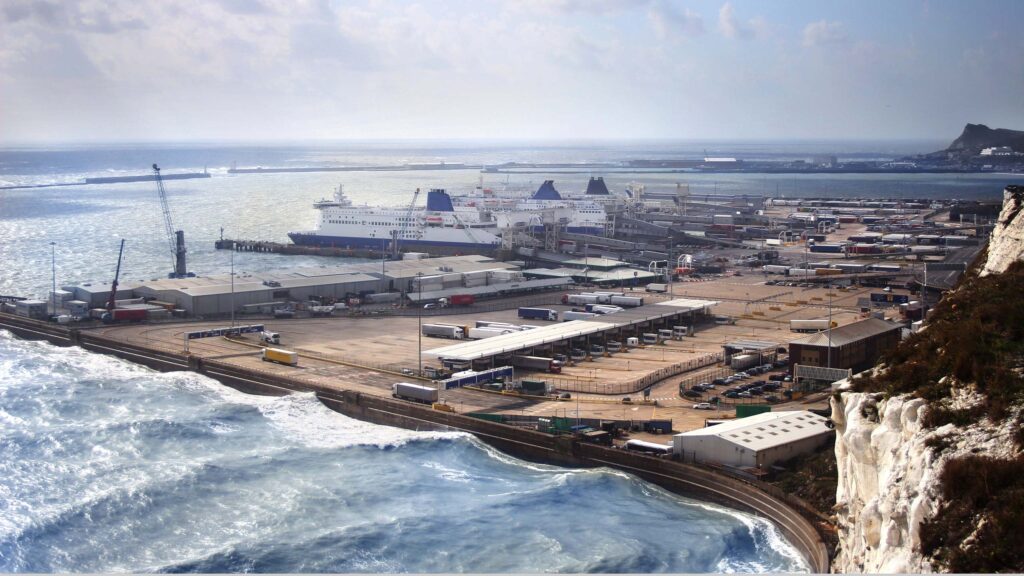Efra committee finds UK import checks inadequate
 © Adobe Stock
© Adobe Stock Parliament’s Environment, Food and Rural Affairs (Efra) committee has warned that the UK’s commercial import system for animals and plants is failing, with banned goods passing through borders unchecked, threatening biosecurity and the agricultural sector.
A report by Efra has found serious flaws in the UK’s biosecurity and border control system for commercial imports. It says: “Defra has no effective system of oversight for [biosecurity] border controls.”
The cross-party group of MPs concluded that the government’s Border Target Operating Model (BTOM) has failed to deliver on its intended outcomes.
See also: Efra committee warns of illegal meat smuggling threat
The committee said this “continues to present real threats to the health of UK animals and plants and therefore the viability of our agricultural and horticultural sectors”.
Issues raised in the report include flawed IT systems, data gaps, and serious operational weaknesses at commercial border points.
MPs highlighted “specific and repeated concerns that the unique location of Sevington inland BCP, 22 miles away from the Port of Dover, provides opportunities for exploitation by criminals”.
The system’s vulnerabilities were exposed earlier this year when, despite a government ban on meat imports from Germany following a foot-and-mouth outbreak, “prohibited products were able to continue entering UK for a further six days” due to an automated clearing mechanism for low- and medium-risk imports, known as TODCOF auto-clearing.
Inspections
The committee also criticised the lack of transparency around inspection rates, stating that it was “not convinced that a lack of published data on the inspection rates is due to a desire to protect the integrity of the intelligence system”.
MPs called on Defra to clarify the figures and explain port-to-port variations.
Efra committee chairman Alistair Carmichael said: “Despite the best efforts of the operating teams and management, the operations are failing, leaving the UK’s biosecurity at serious risk and allowing opportunities for criminal enterprise.”
The report found high levels of compliance from legitimate businesses, but noted that many “do not have confidence that the system is operating fairly”.
Local authorities responsible for inland checks were also found to be under-resourced and lacking necessary access.
NFU president Tom Bradshaw urged urgent action, stating: “We need a co-ordinated strategy across government, local authorities and local port health authorities and sufficient investment to counter the biosecurity risks the UK faces from these illegal meat imports.”
A National Pig Association spokesman said: “This report shows the stark reality of just what is and isn’t happening at our borders; the alarming reality that the NPA has been trying to highlight for the past three years.
“For many months we have been reassured by the government that existing border control measures are working, despite the evidence regularly presented by the ports and local authorities themselves.
“The ongoing illegal import of meat and animal products poses one of the biggest risks to not only the UK’s domestic pig herd, but also the wider farmed livestock sector.
“With African swine fever rife in the EU, and recent outbreaks of foot-and-mouth disease, it is imperative that our border control system is fit for purpose.”
Government priority
In response, a government spokesman said: “Rebuilding the UK’s biosecurity remains a key government priority, and we are investing £1bn in a new National Biosecurity Centre to boost our world leading facilities and protect our farmers, food supply and economy.
“The Border Target Operating Model is designed to protect our livestock, crops and food chain from dangerous diseases while minimising disruption to trade and must be followed while we finalise our veterinary agreement with the EU that will make trade with our biggest market cheaper and easier.”
